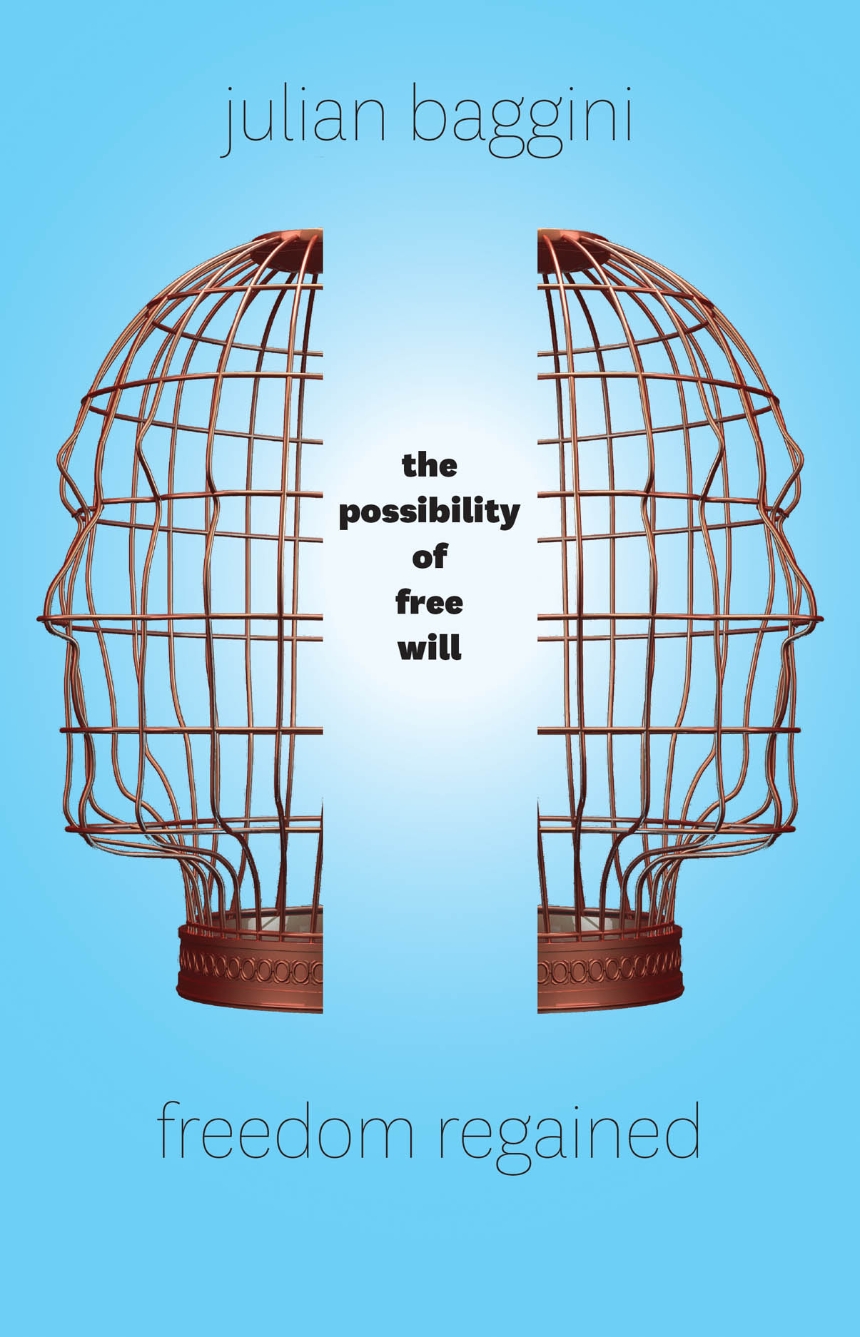Freedom Regained
The Possibility of Free Will
It’s a question that has puzzled philosophers and theologians for centuries and is at the heart of numerous political, social, and personal concerns: Do we have free will? In this cogent and compelling book, Julian Baggini explores the concept of free will from every angle, blending philosophy, sociology, and cognitive science to find rich new insights on the intractable questions that have plagued us. Are we products of our culture, or free agents within it? Are our neural pathways fixed early on by a mixture of nature and nurture, or is the possibility of comprehensive, intentional psychological change always open to us? And what, exactly, are we talking about when we talk about “freedom” anyway?
Freedom Regained brings the issues raised by the possibilities—and denials—of free will to thought-provoking life, drawing on scientific research and fascinating encounters with everyone from artists to prisoners to dissidents. He looks at what it means for us to be material beings in a universe of natural laws. He asks if there is any difference between ourselves and the brains from which we seem never able to escape. He throws down the wildcards and plays them to the fullest: What about art? What about addiction? What about twins? And he asks, of course, what this all means for politics.
Ultimately, Baggini challenges those who think free will is an illusion. Moving from doubt to optimism to a hedged acceptance of free will, he ultimately lands on a satisfying conclusion: it is something we earn. The result is a highly engaging, new, and more positive understanding of our sense of personal freedom, a freedom that is definitely worth having.
Freedom Regained brings the issues raised by the possibilities—and denials—of free will to thought-provoking life, drawing on scientific research and fascinating encounters with everyone from artists to prisoners to dissidents. He looks at what it means for us to be material beings in a universe of natural laws. He asks if there is any difference between ourselves and the brains from which we seem never able to escape. He throws down the wildcards and plays them to the fullest: What about art? What about addiction? What about twins? And he asks, of course, what this all means for politics.
Ultimately, Baggini challenges those who think free will is an illusion. Moving from doubt to optimism to a hedged acceptance of free will, he ultimately lands on a satisfying conclusion: it is something we earn. The result is a highly engaging, new, and more positive understanding of our sense of personal freedom, a freedom that is definitely worth having.
Reviews
Table of Contents
Introduction
PART ONE: FREEDOM UNDER THREAT
1 The Demon
PART TWO: FREEDOM LOST
2 The Neuroscientist
3 The Geneticist
PART THREE: FREEDOM REGAINED
4 The Artist
5 The Dissident
PART FOUR: FREEDOM DIMINISHED
6 The Psychopath
7 The Addict
PART FIVE: FREEDOM EARNED
8 The Philosopher
9 The Waiter
Acknowledgements
Notes
Index
PART ONE: FREEDOM UNDER THREAT
1 The Demon
PART TWO: FREEDOM LOST
2 The Neuroscientist
3 The Geneticist
PART THREE: FREEDOM REGAINED
4 The Artist
5 The Dissident
PART FOUR: FREEDOM DIMINISHED
6 The Psychopath
7 The Addict
PART FIVE: FREEDOM EARNED
8 The Philosopher
9 The Waiter
Acknowledgements
Notes
Index
